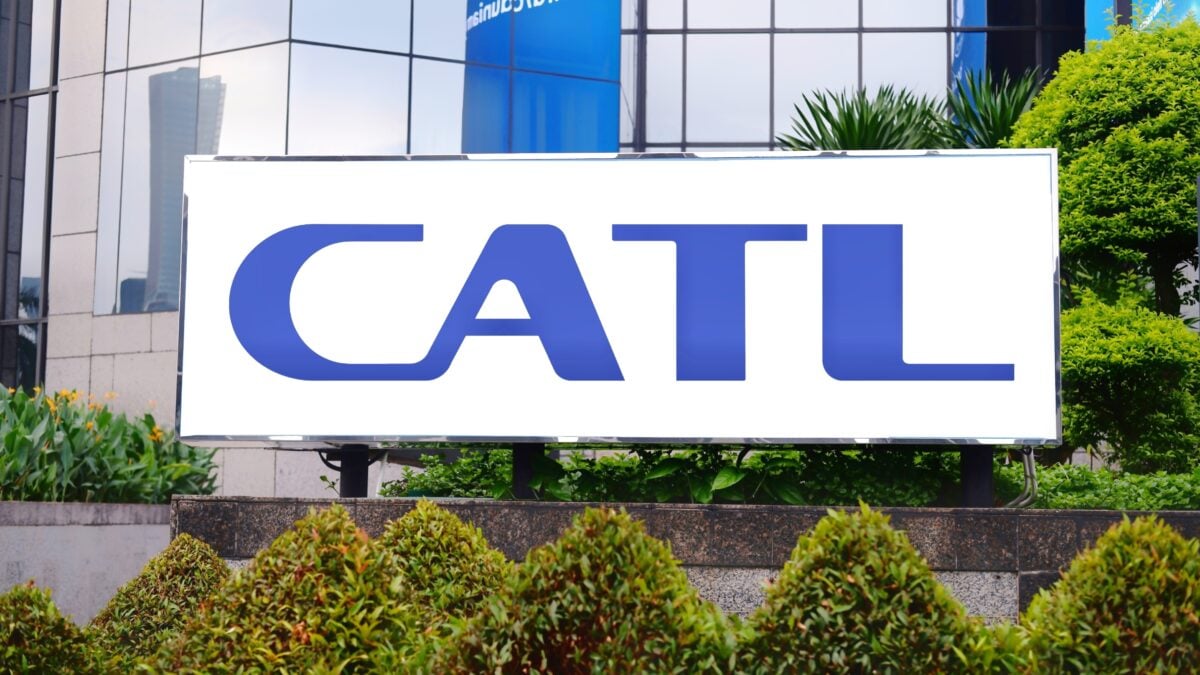TLDRs:
- China mandates export permits for key battery materials starting November 8, impacting global manufacturers.
- The new rules focus on high-end cathode and graphite anode materials.
- Shares of major Chinese battery firms fell after the announcement.
- Korean and Japanese battery makers may face supply chain disruptions.
China is set to tighten control over the export of certain high-end battery materials, the Ministry of Commerce announced, introducing a requirement for government permits beginning November 8.
The regulations are designed to govern the shipment of lithium-ion batteries, key cathode and graphite anode materials, and related technological components critical to the electric vehicle (EV) and renewable energy industries.
The new measures specifically target advanced inputs such as lithium-iron-phosphate cathode ingredients, nickel-cobalt-manganese precursors, and artificial or mixed graphite anode materials. While the move is not a blanket restriction on all grades of battery materials, it aims to safeguard China’s domestic innovation and maintain its strategic leverage over global supply chains. Analysts note that China is a dominant player in battery-grade graphite production, projected to supply about 80% of the global market by 2035.
Export Permits Required from November 8
Starting in early November, companies seeking to export high-end battery materials from China must obtain official permits. The Ministry of Commerce emphasized that these controls are intended to preserve critical technological advantages and encourage domestic development of the battery sector.
The regulations follow previous restrictions on lithium refining and graphite exports and occur against the backdrop of persistent US-China trade tensions. Recently, the United States imposed countervailing duties of up to 721% on some Chinese battery producers, alongside anti-dumping penalties and tariffs on synthetic graphite anodes reaching approximately 160%. These actions have fueled concerns that international supply chains may face heightened instability.
High-End Materials Face Tighter Controls
By limiting access to key cathode and anode precursors, China is strategically reinforcing its dominance in the high-value segments of the battery market.
Experts highlight that the top three refining nations collectively accounted for 86% of refined output in 2024, giving China significant leverage.
For companies outside China, this underscores the need to develop alternative supply sources or accelerate vertical integration to mitigate risks associated with overreliance on Chinese materials.
In immediate response to the announcement, shares of major Chinese battery manufacturers, including CATL, Eve Energy, and Tianqi Lithium, experienced a decline. Market observers suggest that the export restrictions may temporarily disrupt revenue streams from international customers while creating uncertainty in global battery supply chains.
Global Supply Chains Feel the Strain
Battery producers in Korea and Japan are particularly vulnerable, given their reliance on Chinese cathode precursors and anode materials. While China’s products are favored for cost-effectiveness and expedited licensing, the new restrictions could push companies to seek alternatives.
Some international firms are already moving to establish integrated supply chains outside China. Australia-based Syrah Resources, for example, operates an anode material plant in Louisiana and has secured long-term offtake agreements with EV manufacturers like Tesla and Lucid. Such strategies reflect a growing global effort to reduce dependency on Chinese exports amid shifting regulatory landscapes and geopolitical tensions.
China’s new export rules highlight the country’s intent to safeguard its technological edge while controlling the flow of critical materials that underpin the global electric vehicle revolution. As manufacturers worldwide adjust to the changing regulatory environment, the battery industry may witness significant strategic realignment in the months ahead.






